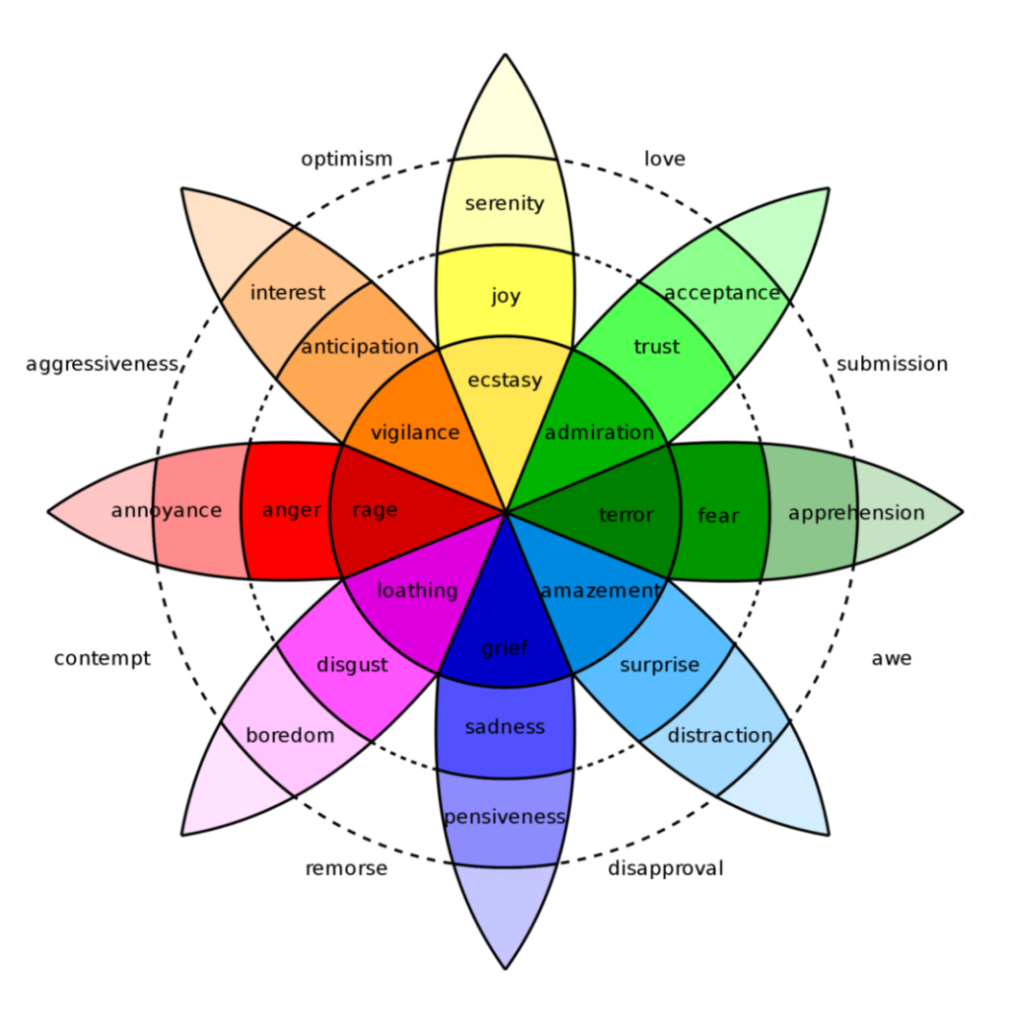Okay, we know you’re sick of hearing about COVID-19 – but keep reading. This is ultimately about how employees and HR departments treat and foster their employees during a crisis. You’ll learn how The Martec Group, using our patented Emotion Intelligence, can help you unearth your employees’ potential and assure you retain talent, even in the most difficult of times.
According to Slack’s recent report: Remote Work in the age of COVID-19, an estimated 16 million workers in the US started to work remotely as of March 27, 2020, and nearly half of these newly-remote workers say working from home “has negatively affected on their sense of belonging.”
Wow. That tells you a lot! When it comes to work, being part of the whole is everything, which begs the question: How do you make a sprawling group of diverse employees feel a part of things at work when they are all in their kitchens with their dogs barking, kids crying, and spouses trying to conduct their Zoom conferences?
How connected do your employees feel currently?
Feelings are running high and wild these days, no doubt. But even in less emotionally-demanding times, emotions play an enormous role in the decisions people make; not only about the brands they embrace or reject but also about where they choose to work and how motivated they are about their work life.
During a crisis like COVID-19, companies with office positions need to know, manage, and react to their employees’ experience to understand and pivot to their workforce’s needs, particularly when their teams are forced to work from home. Most employees do not have a home office set up for the tasks and responsibilities that their job demands.
In March, The Martec Group determined that there was a real need to help HR and management in industries as diverse as travel, manufacturing, finance, and healthcare to fully uncover and (more importantly) measure employees’ feelings at this time, so that HR Departments can react swiftly to remote workers’ needs and communicate more effectively.
Plutchik’s Wheel and how the Martec Emotion Score can help
Our Emotion Intelligence uses linguistic emotion-analysis and filters these words through our patented algorithm framework based on Plutchik’s Wheel of Emotion. Plutchik’s wheel reduces the massive variety of emotions and maps them into smaller categories. The result is a comprehensive report that will result in a landscape of emotions and provide an emotional score we call Martec Emotion Score (MES). The MES is a numerical representation of the emotions that are associated with the topic of working from home. This score can be tracked over time so that HR teams can accurately determine whether their programs, technology, and communication is effective and resonates emotionally with their employees. If it is not, they can try other strategies and tactics.

What drives employee satisfaction in this difficult time?
When we began to noodle on what would drive employee satisfaction and connection, here’s what we came up with:
- Digital tools
- Communication
- Morale
- Revenue
- Transparency
- Regular business operations
Disconnected employees result in productivity losses
Employee attitudes can translate to real losses regarding productivity, creativity, mental health or fatigue, and overall satisfaction. If your employees struggle with mental health issues, that can result in real healthcare costs to the organization. Employers able to capture and accurately measure the employee experience could harness talented staff retention in the long-run by gaining employees’ heartfelt loyalty and dedication to the organization, even when salaries and benefits may be temporarily decreased due to the continuing crisis.
Martec’s new Emotion Intelligence employee survey report
We recognized the requirement to not only survey and analyze rational metrics, like many other prominent research organizations, but to rapidly measure underlying changing employee emotional response to having to work at home. Our goal was not only to measure the impact on productivity, focus, performance, stress-levels, pay, etc., but also to analyze more emotionally-loaded matters like how the company is handling the situation, isolation, and frustration with technological limitations.
We used Emotion Intelligence, which measures the “gut” response to this crisis by asking “How do you feel while working from home during this pandemic?” Using this methodology, we were able to capture employees’ own words and analyze the responses more quantitatively than any other existing research platform.
We know that others can tell you that work from home policies will become broader in the future, but do you know how to react to your employees’ deepest fears? While running this study, we used our employees as a test, to benchmark real-time responses. Our management team reacted and responded by providing daily email/Slack updates to our staff to alleviate fears that were caused by a lack of transparency.
There is no doubt that this type of research can help your organization and HR departments react and pivot to your employees’ needs, which will improve morale, productivity, and talent retention.
If you are interested in learning more, access our study summary.





